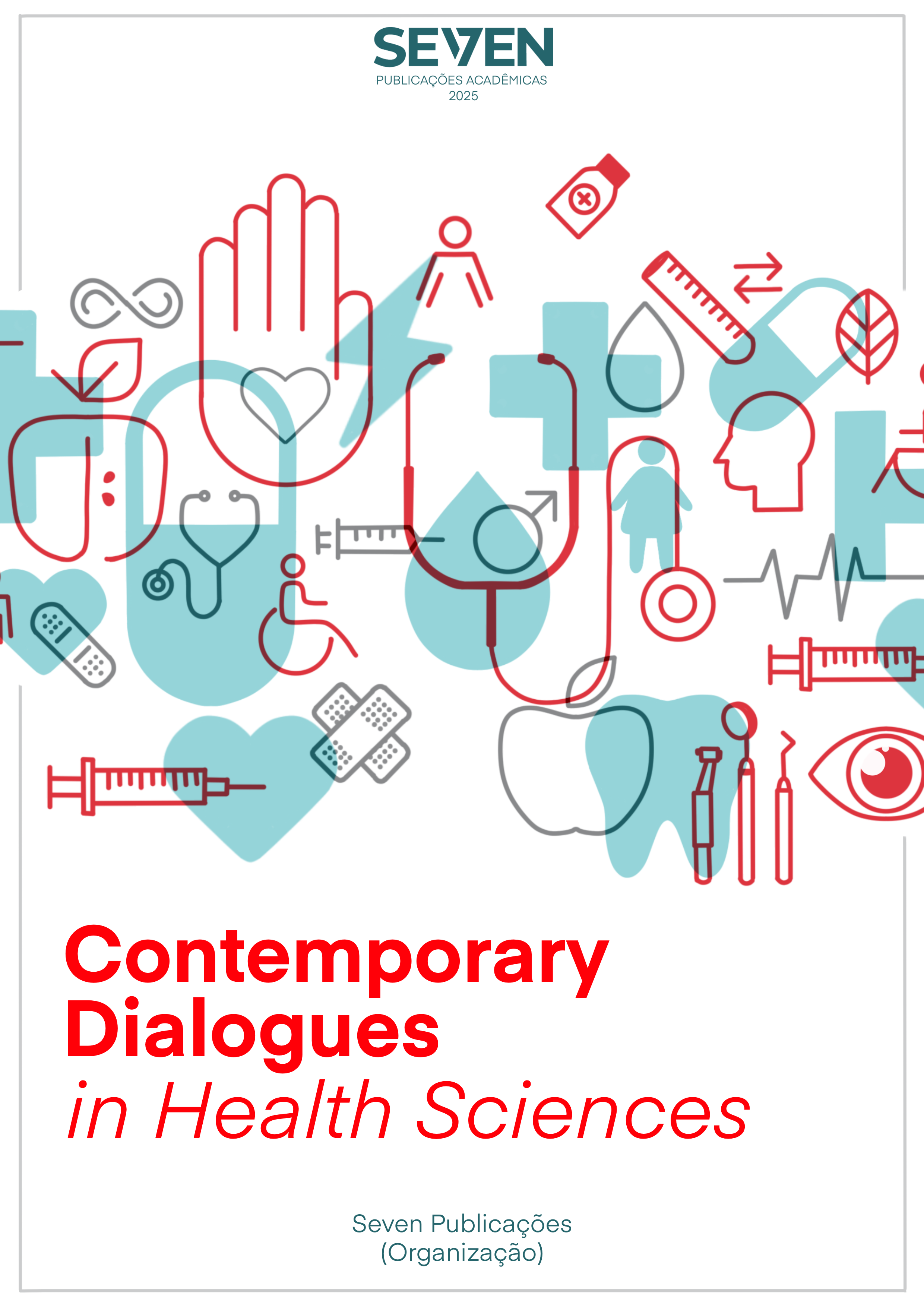SPATIAL AND TEMPORAL ANALYSIS OF DENGUE CASES IN PARAÍBA
Keywords:
Spatial Analysis, Temporal Analysis, DengueAbstract
Recognized by the World Health Organization (WHO) as one of the arboviruses with the greatest global impact, dengue has seen increasing incidence in recent decades, reaching tropical and subtropical countries, where climatic factors, rapid urbanization, and insufficient urban infrastructure favor the spread of the vector. This article focuses on a spatial and temporal analysis of dengue cases in Paraíba. Spatial analysis of area data is used in geoprocessing when the occurrence of the phenomenon under study is measured based on aggregated data by area, such as the number of dengue cases per city. A time series is a set of observations ordered in time. Time series analysis is a statistical method that can be used for planning public actions and policies, as it allows predictions of future events based on past data. The data were obtained from the Ministry of Health/SVSA website - Information System for Notifiable Diseases - Sinan Net. The R software was used for the analyses. The spatial analysis revealed that Paraíba had many dengue cases in 2022, with the cities with the highest number of cases being João Pessoa (10,611), Juazeirinho (1,357), and Pombal (1,025). It was also possible to observe a decrease in the number of dengue cases in Paraíba from 2022 to 2025. In the temporal analysis, the data needed to be transformed into a normal distribution to apply the Box-Jenkins technique. The most appropriate model was the ARIMA(3,1,1) model, which obtained the lowest values for the selection criteria. The residuals also met the conditions, and the predicted values were within the confidence interval.
Downloads
Published
Issue
Section
License
Copyright (c) 2025 Patrícia Silva Nascimento Barros

This work is licensed under a Creative Commons Attribution-NonCommercial 4.0 International License.





